
Low-FODMAP diet
About three quarters of people with IBS can soothe symptoms with a low-FODMAP diet. FODMAPs are fermentable oligo-, di-, monosaccharides and polyols—fancy names for carbs that some people have a hard time digesting. Not only do those undigested carbohydrates draw in excess fluid, but bacteria ferment them in the large intestine, causing gas, bloating, diarrhea, and more. Unfortunately, “there’s really no way to tell what foods have a high level of FODMAPs by looking at them or even by thinking really hard about it,” writes Meltzer Warren, who includes a list in her book. Disaccharides are easy enough to avoid by cutting out lactose (though low-lactose hard cheeses like cheddar and Parmesan should be fine). Oligosaccharides include onions, garlic, wheat, and black beans. Monosaccharides are a problem when a food has more fructose than glucose, like in apples, asparagus, honey, and high-fructose corn syrup. Polyps are sugar alcohols in artificial sweeteners, along with natural foods such as mushrooms, cauliflower, and blackberries.
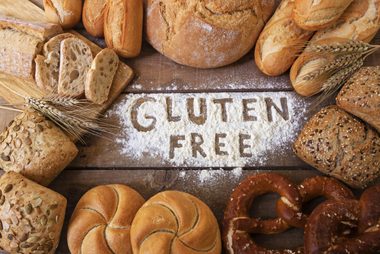
Gluten-free diet
If you have celiac disease, a gluten-free diet is a must. When those with the autoimmune disease eat gluten, a protein found in some grains (including these surprising gluten sources), their bodies attack themselves. Even if you don’t test positively to celiac disease, you might have gluten intolerance. Still, give it a gluten-free diet a test run before committing. One small study in the journal Gastroenterology found that only 8 percent of people with self-reported gluten intolerance felt a change after adjusting how much gluten they ate—though they all felt better after going low-FODMAP. Find out what conditions you could mistake for gluten intolerance.
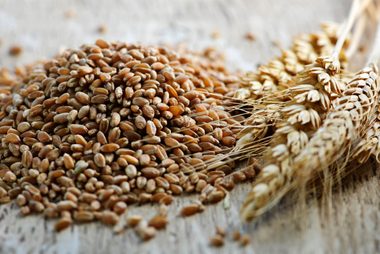
Grain-free diet
A gluten-free diet gives the green light to gluten-free grains and grain-like plants, such as quinoa, oats, and buckwheat, but even those are cut out in a grain-free diet. Some say that grains could trigger inflammation in people with autoimmune issues. Others argue that only refined grains cause inflammation, and whole grains should be fine. If going grain-free eliminates your digestive triggers, it could be the right diet for you. Don’t miss these foods GI doctors avoid.
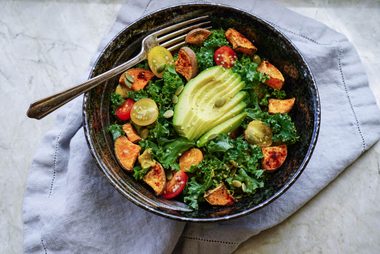
Paleo diet
The Paleolithic diet includes only foods cavemen used to eat, such as grass-fed meat, seafood, fruits, and vegetables. Anything ancient humans wouldn’t have touched, such as grains, dairy, legumes, refined sugar, and potatoes, is off limits. There’s not much research indicating a Paleo diet can help IBS specifically, but it could help you avoid processed food, which is generally unhealthy, and make it easier for diabetics to control their blood sugar. Even if you do feel better on an ancestral diet, though, you might cut more foods than you need to. “A Paleo diet may eliminate your digestive triggers, and as a result you may feel better,” writes Meltzer Warren, “but because you remove so many things all at once without reintroducing any, you won’t know what the culprit is.” Check out great takeaways from Paleo and other fad diets.
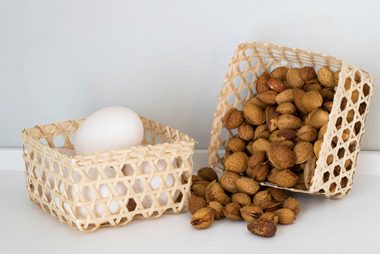
Autoimmune Paleo protocol
“Autoimmune Paleo is like a Paleo diet that just had a triple shot of espresso,” writes Meltzer Warren. Anything off-limits with Paleo is also restricted on AIP, along with alcohol, artificial sweetener, eggs, nuts, seeds, and nightshades such as tomatoes and peppers. This diet might be worth a shot if your gut symptoms are from an autoimmune problem like Crohn’s disease, celiac disease, or ulcerative colitis.
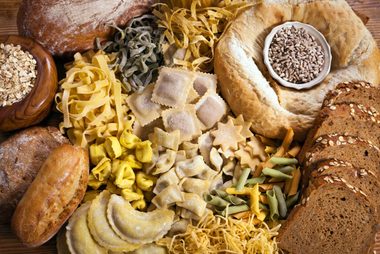
Specific carbohydrate diet
SCD is made for people with Crohn’s disease, celiac disease, ulcerative colitis, cystic fibrosis, chronic diarrhea, or diverticulitis. It’s incredibly restrictive, but could be worth it if you have one of those conditions. The diet is about 91 percent effective in controlling flare-ups in people with Crohn’s disease, ulcerative colitis, and indeterminate colitis, according to a study in the Journal of the Academy of Nutrition and Dietetics. Monosaccharides are the only carbohydrates allowed in SCD. Proponents say all other carbs kills off the harmful bacteria that like to feed on them. “Similar to low FODMAPs, it’s tough to know off the top of your head what would work and what wouldn’t on the plan,” writes Meltzer Warren. You’ll have to do some research and get guidance from a diet pro.

GAPS protocol
The gut and psychology syndrome protocol stems from the idea that an unhealthy gut could lead to mental health issues. Basically a tweaked version of SCD, the GAPS protocol might be beneficial if you have a psychological disorder or learning disability on top of your digestive problems. Try these little rituals that can boost mental health, and talk to a registered dietitian nutritionist to figure out what’s best for you.
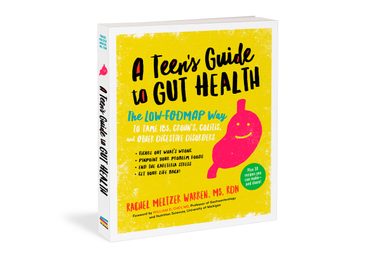
Get your life back from gut problems
If you have digestive problems, you know how stressful, awkward, and generally uncomfortable an unhealthy gut can be. Pick up A Teen’s Guide to Gut Health: The Low-FODMAP Way to Tame IBS, Crohn’s, Colitis, and Other Digestive Orders to learn more of registered dietitian nutritionist Rachel Meltzer Warren’s advice for identifying your triggers and managing your symptoms.